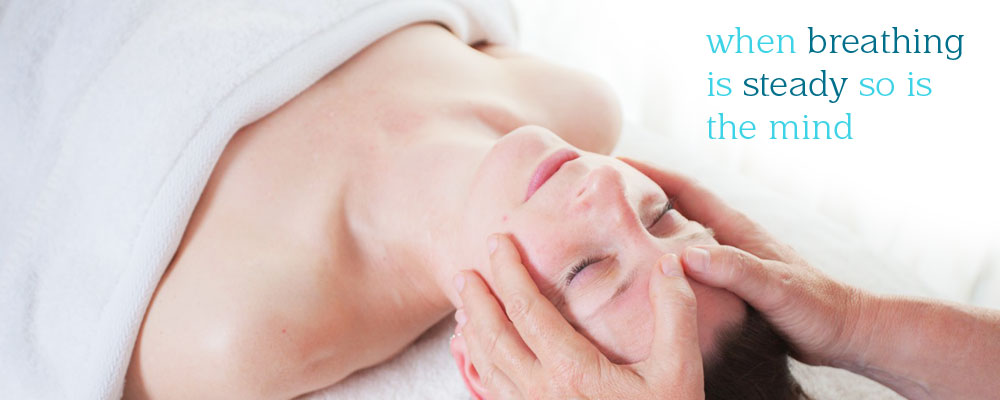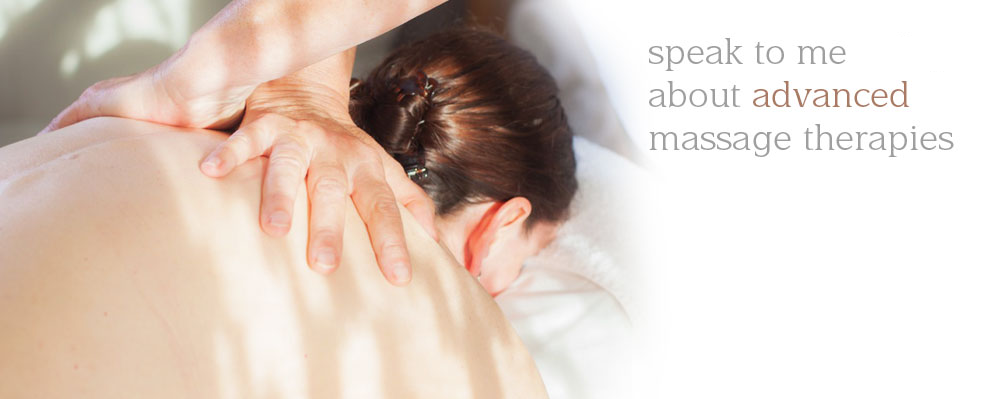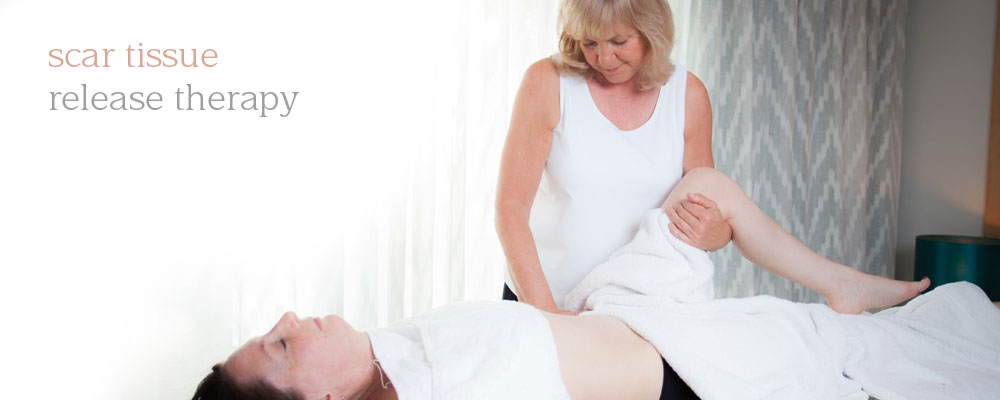I am proud to have studied at the Jing Institute of Massage in Brighton. Their approach to training is a tailored person-centred approach to each Massage Professional. They taught us to treat each of our clients with “The Biopsychosocial approach of Care”
I treat each massage patient with the attitude that “not one size fits all”. In this article, I will explore ways in which the Biopsychosocial Model of Care is applied to treating patients.
Biopsychosocial Model of Care follows rules such as:
- Treat the individual as a whole
- The Mind and Body are not separate
- “Mind, body, spirit, and social context are indivisible and cannot be separated if we are to successfully treat pain and disease” (Taken from: Massage Fusion: The JING method for the treatment of chronic pain by Rachel Fairweather and Meghan Mari)
By gathering together as much information as I can about that individual I aim to understand how best I can help them. As a massage professional I will consider factors such as:
Biological Symptoms
- Physical health, Genetic Vulnerability or Disabilities
Medication, Immune function or Neurochemistry
Disease, Tissue Damage or Inflammation
Social Factors
- Social interactions with family, work or peers
- Education, Culture, Socioeconomic Status or Isolation
Psychological Factors
- Coping & Social skills
Mental Health, Self-esteem, Depression, Anxiety, Trauma, Emotions, Memory
Each person’s experiences of pain is influenced by their emotional and psychological state, their social circumstances, culture and beliefs. Pain is isolating, emotionally exhausting and impacts on their social relationships, daily functions and sleep.
If a client is in chronic pain this will be affecting their daily lives, effects of pain may include being unable to go out, exercise, socialise, enjoy their hobbies, walk, and so much more which may lead to social isolation, anxiety, the lack of ability to earn. Add to this, the impact Lockdown has had on daily lives throughout the pandemic of 2020-2021.
Advice on Self Care
I acknowledge that the client plays an important role in their own recovery and safe advice on self-care can be offered. For example:
Self Care Advice:
Plan activities not just for the day but for the week.
Prioritise tasks.
Delegate to help manage tasks.
Explain to family and friends why support is needed.
Explore routines which suits you the most.
Keep an activity log. This may help identify triggers that lead to delayed fatigue.
A log may have a positive psychological effect as it identifies improvements.
Keep a confidential journal to processes emotions and record how you are feeling, physically, mentally and emotionally.
For those suffering from brain fog, cognitive impairment and fatigue it requires a lot of energy to use technology, mobile phones, tablets, and computers.
Cognitive learning can be aided by Colouring-in books, Jigsaws, Board games or Puzzles.
I am proud to have studied at the Jing Institute of Massage in Brighton. Their approach to training is a tailored person-centred approach to each Massage Professional. They taught us to treat each of our clients with “The Biopsychosocial approach of Care” I treat each massage patient with the attitude that “not one size fits all”. In […]
Read article




